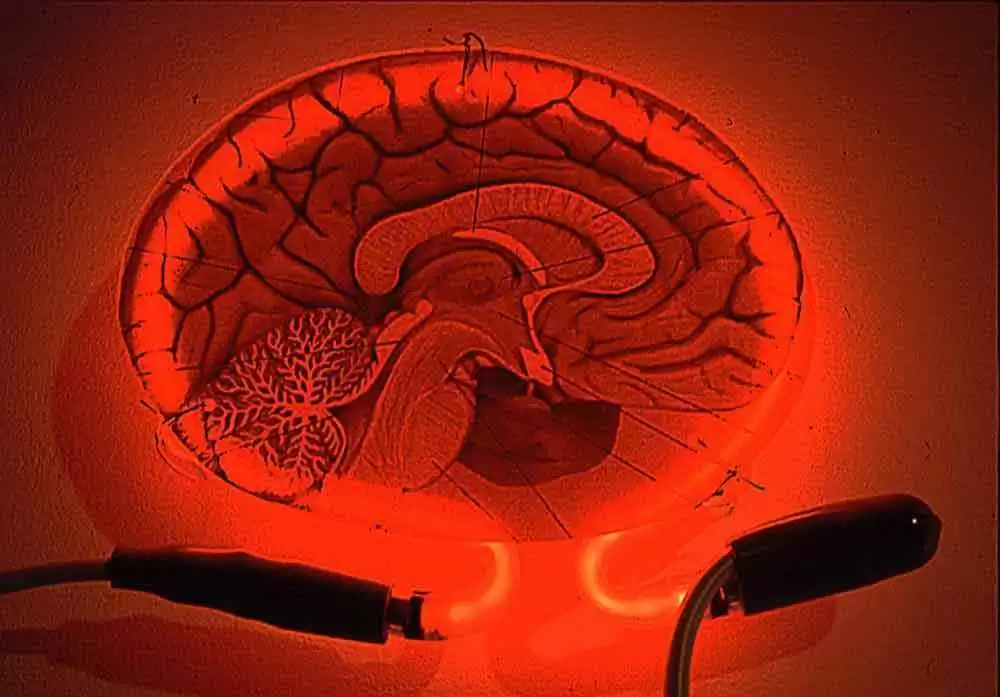
Celiac.com 01/25/2021 - What's the connection between celiac disease, and cognitive impairment? Does the connection change over time? Does following a gluten-free diet help reduce cognitive impairment? There really hasn't been much good study data on this so far.
One of the main problems, according to researchers, previous reports of cognitive deficit in celiac disease often study widely variable groups of patients at multiple stages of the disease, and/or lack control data.
Celiac.com Sponsor (A12):
To better understand the connection between cognitive impairment and celiac disease duration and gluten-free diet adherence, a team of researchers recently set out to examine groups of newly diagnosed and long-standing celiac disease patients.
The research team included Iain D Croall, Claire Tooth, Annalena Venneri, Charlotte Poyser, David S Sanders, Nigel Hoggard and Marios Hadjivassiliou. They are variously affiliated with the Department of Neuroscience, the Department of Infection, Immunity & Cardiovascular Disease, and the Institute for Silico Medicine, at the University of Sheffield in Sheffield, UK; the Department of Psychological Services, Royal Hallamshire Hospital, STH, Sheffield, UK; the South West Yorkshire Partnership NHS Foundation Trust in Wakefield, UK; the Academic Unit of Gastroenterology, Royal Hallamshire Hospital, Sheffield Teaching Hospitals National Health Service Foundation Trust, Sheffield, UK; and the Department of Neurology, Royal Hallamshire Hospital, Sheffield Teaching Hospitals National Health Service Foundation Trust in Sheffield, UK.
The team recruited 21 healthy control subjects, along with 19 newly diagnosed celiac patients (NCD) and 35 established celiac patients (ECD). Each participant took cognitive tests that established seven baseline domain scores. Patients also responded to SF-36 quality of life (QoL) questionnaires. The team then controlled for age, and compared data in between-group ANCOVAs with Tukey’s post-hoc test.
The team then compared significant outcomes in the ECD group between fully gluten-free patients patients who not fully gluten-free diet, as defined by Biagi scores and blood tests.
In visual, verbal, and memory tasks, the NCD and ECD groups underperformed relative to controls, by comparable measures. The ECD group only underperformed in visual-constructive tasks.
In terms of QoL measures, the NCD patients reported lower vitality, while the ECD patients reported more bodily pain. Comparisons based on dietary adherence were non-significant.
The team's findings confirm cognitive deficit in celiac patients, which seems to exist at the time of diagnosis, after which it seems to level off.
While it seems that a gluten-free diet may be that cause of the leveling off, more research is needed to establish the degree to which this is true, and to what extent any further decline might result from ongoing gluten exposure.
Read the team's paper entitled, Brain fog and non-coeliac gluten sensitivity: Proof of concept brain MRI pilot study, in Nutrients 2020, 12(7), 2028











Recommended Comments
Create an account or sign in to comment
You need to be a member in order to leave a comment
Create an account
Sign up for a new account in our community. It's easy!
Register a new accountSign in
Already have an account? Sign in here.
Sign In Now